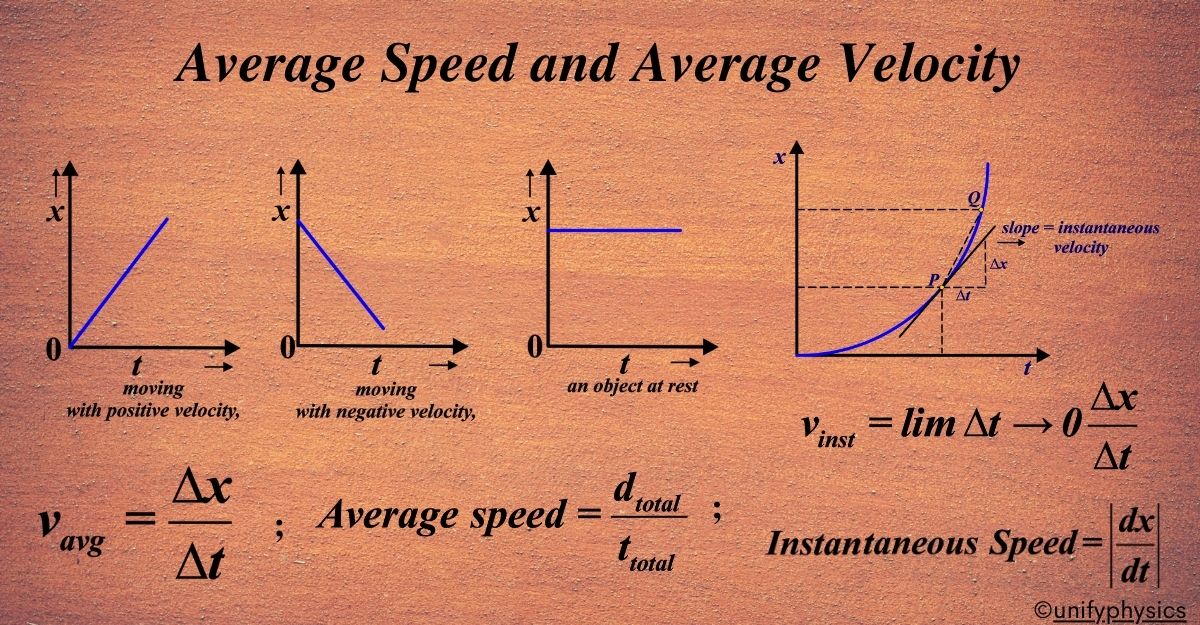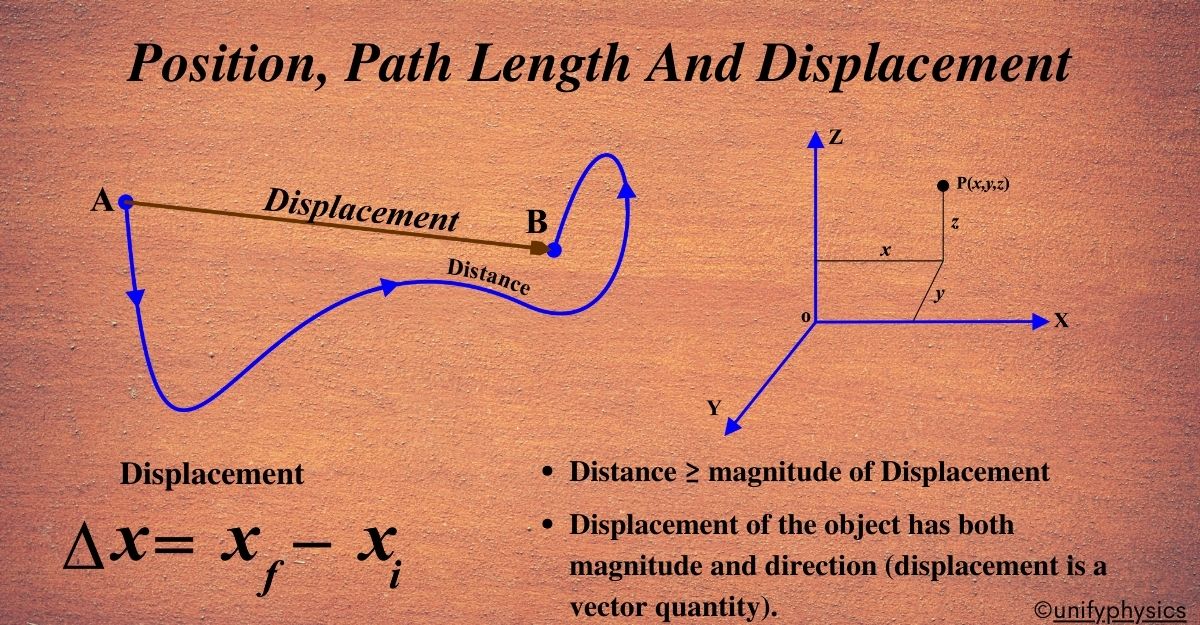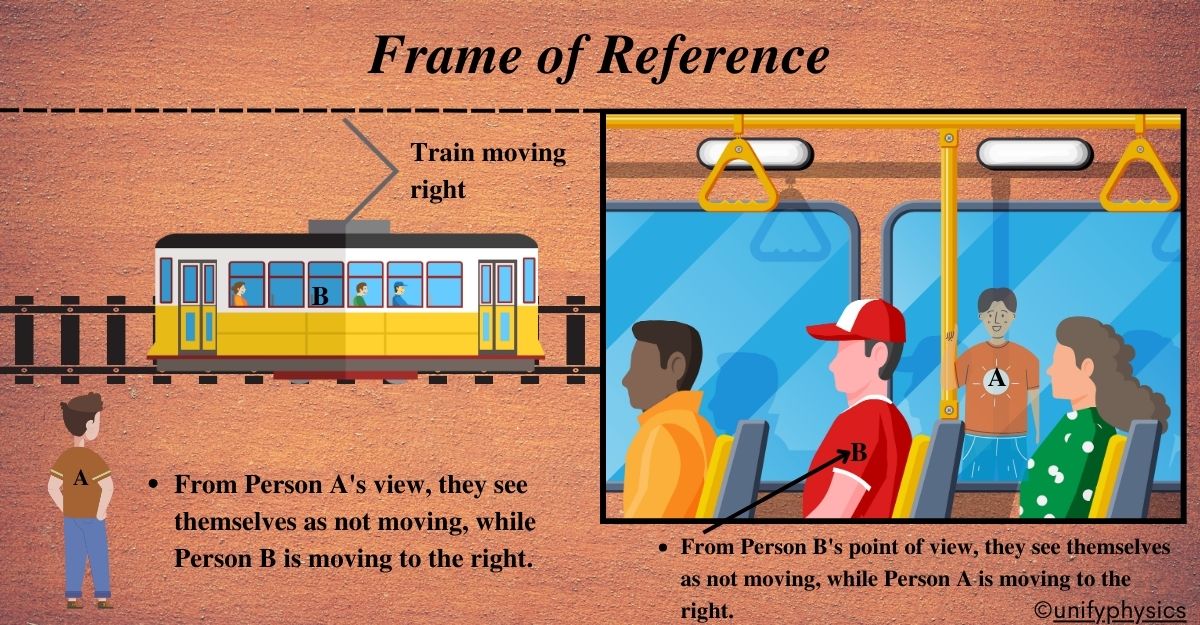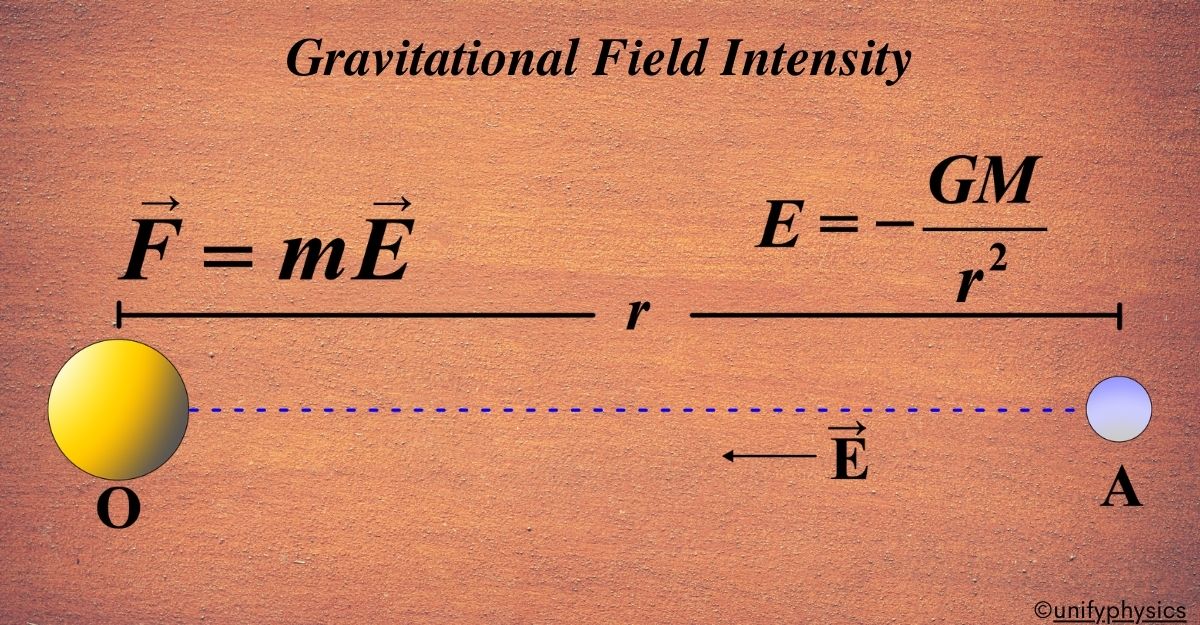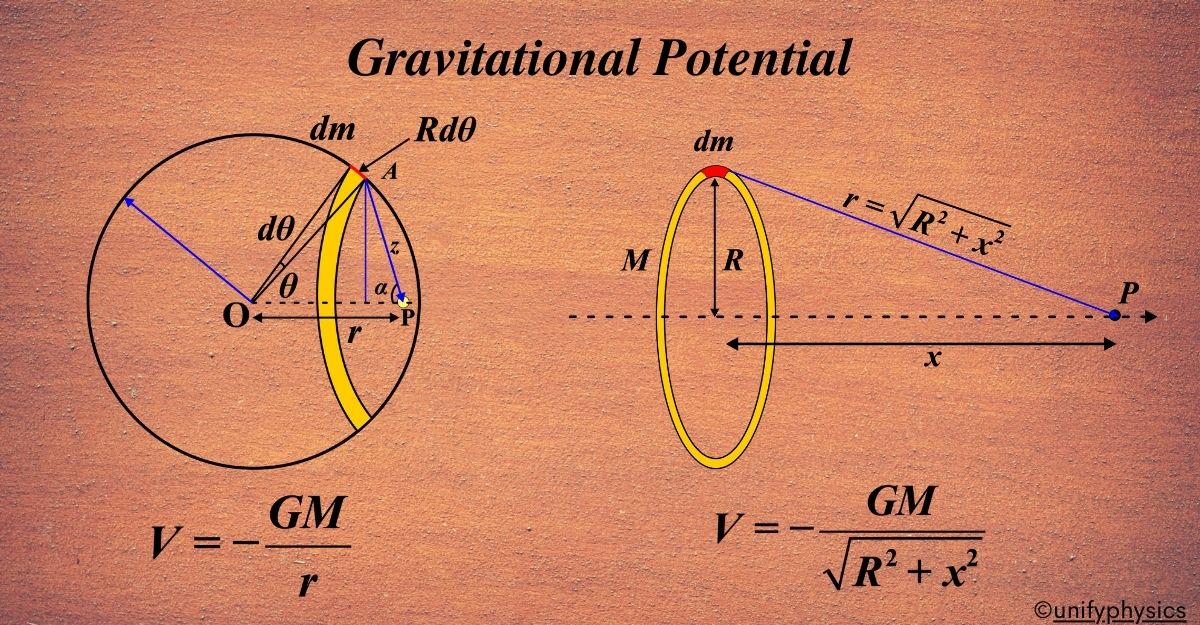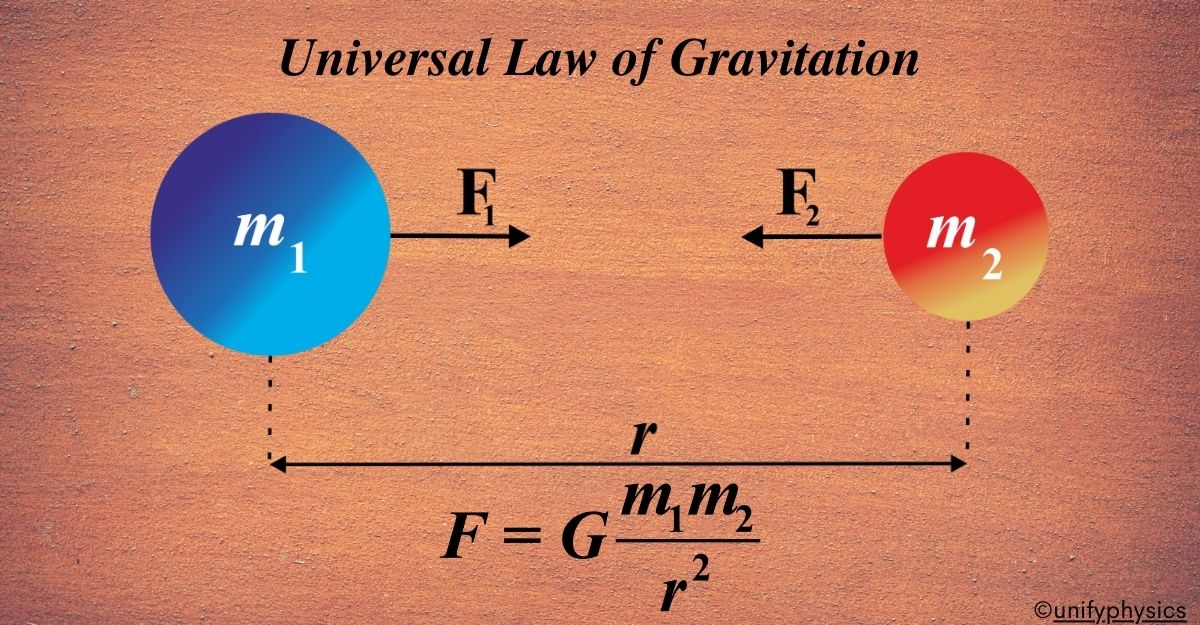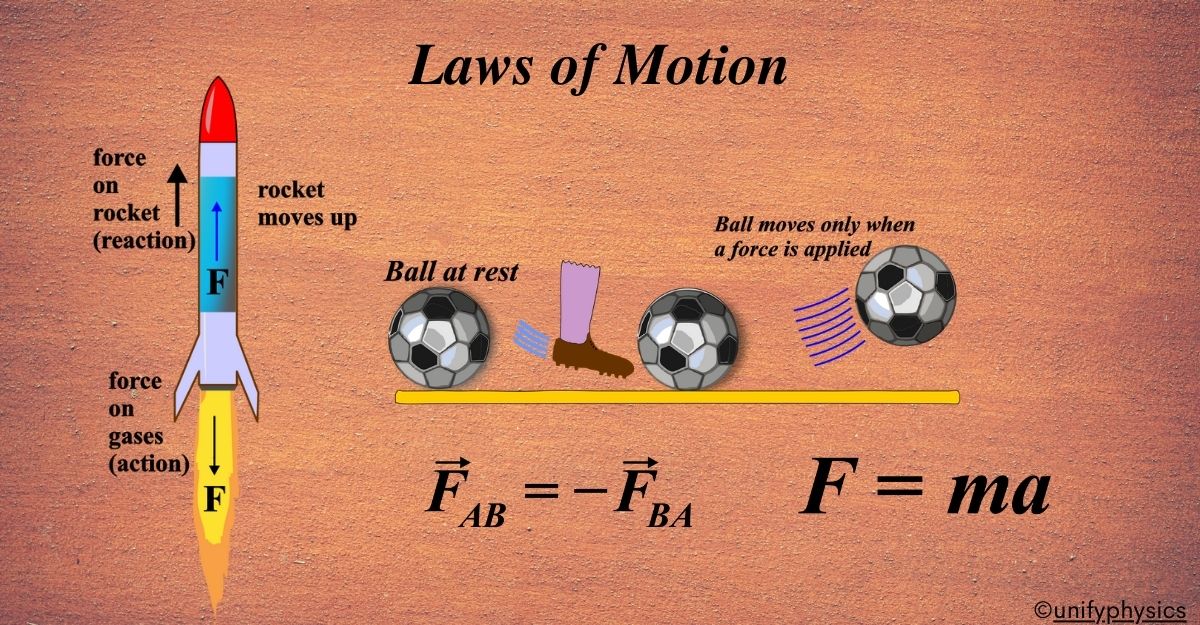Average Speed And Average Velocity
The history of speed and velocity in physics is a fascinating journey that intertwines with the development of calculus and the study of motion. Speed as a concept has been around since ancient times, as people have always been interested in how fast things move. However, it was Galileo Galilei, an Italian physicist, who is … Read more
